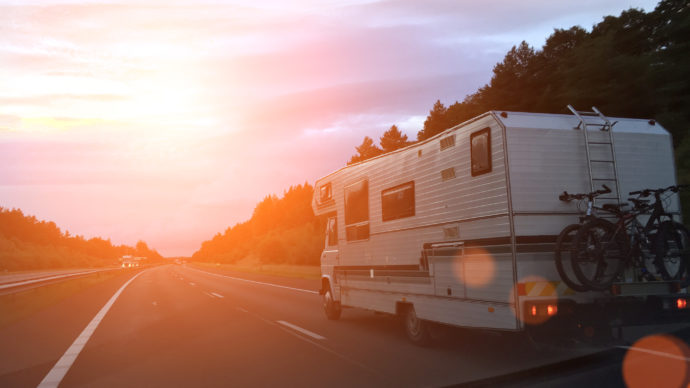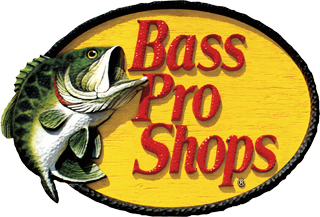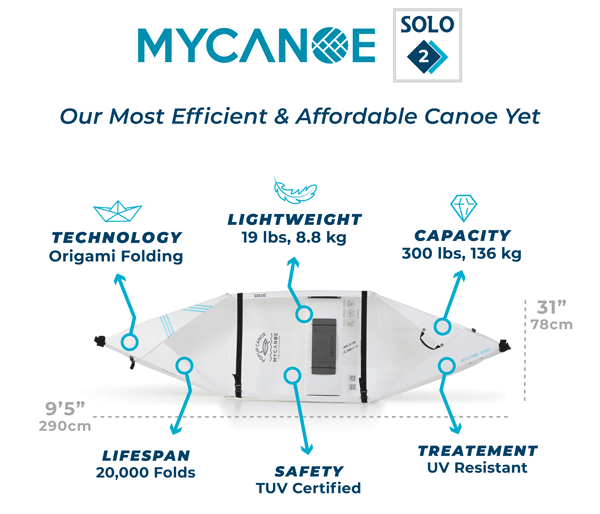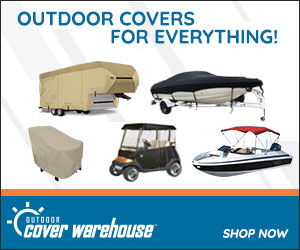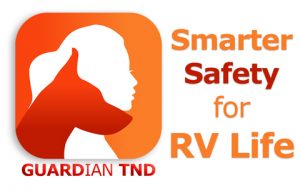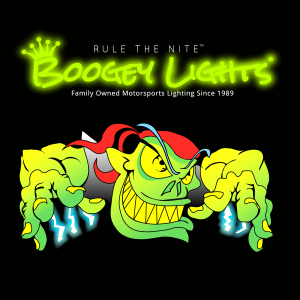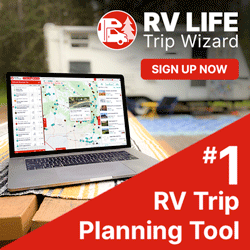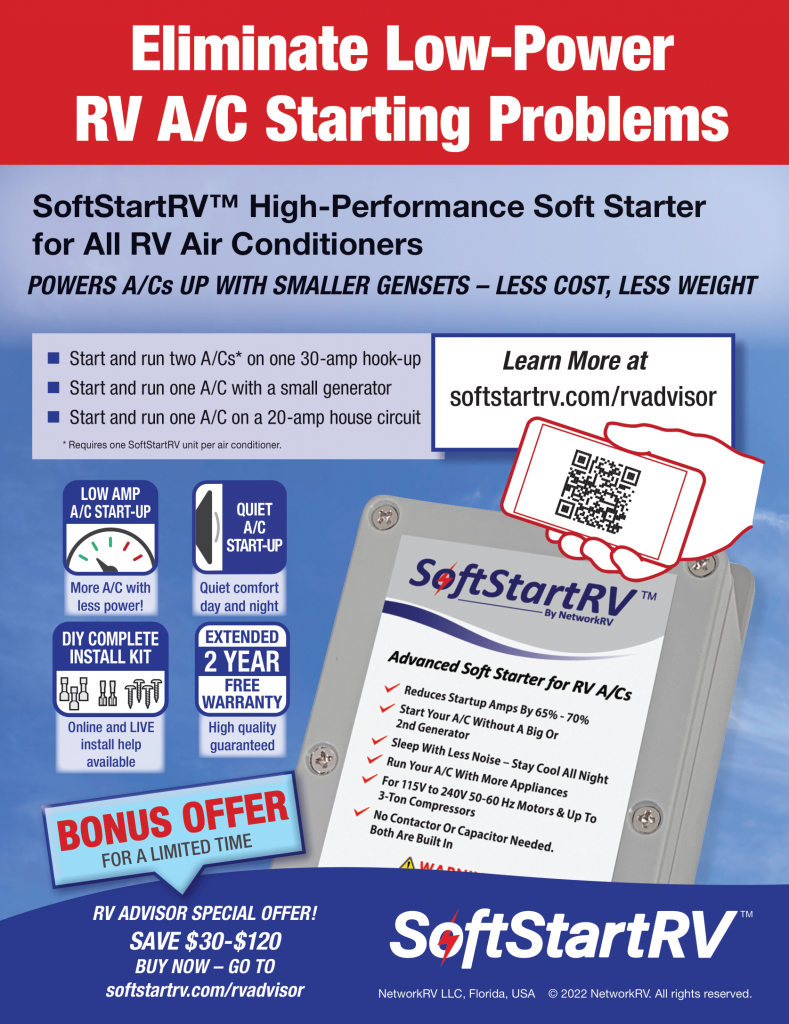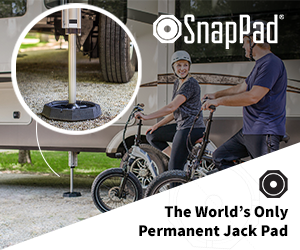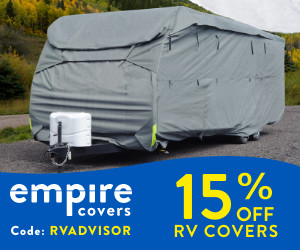Tips for troubleshooting common RV issues
If you buy an RV, you will need to take care of maintenance and repairs on occasion. Even though there are many different types and sizes of RVs, most have similar parts and features, as well as similar problems. RV Advisor has put together this guide to help you troubleshoot common RV issues and ways to avoid costly repairs.
Problems with the water pump and lines
Do you know what happens when water freezes? Hopefully, you know it expands. Now imagine what would happen if your water pump or water lines freeze in the winter. Expansion can lead to damage, so make sure you empty all the water before storing your RV for the season. Otherwise you might end up having to pay for repairs or replacement. Even if you’re faithful about emptying the water, it’s a good idea to inspect the pump before you set out on the road, and especially after you’ve stored your RV for a long time.
Wear and tear on the toilet
Your toilet at home is built to last for years. However, an RV toilet endures a lot more wear and tear due to the motion of the vehicle. All that bouncing and jarring can lead to loosening of the toilet itself and cause damage to the rubber seals. It can even affect how water flows through the toilet. Be sure to inspect every part of the toilet regularly and fix minor issues.
Another issue you may face is a clogged toilet.
How to fix a clogged toilet: First, read the RV user manual regarding the toilet. You often need to use a special kind of toilet paper to keep the lines from clogging. There are also guidelines regarding how much water to use to flush the toilet. If you do get a clog, you’ll most likely need to snake the line to clear it. Avoid using commercial products like Drano as these can harm the lines and mess with the chemicals in the toilet.
Problems with your tires
It’s almost inevitable that your RV will get a flat tire at some point. Debris, nails, and potholes can all become hazards. After a while, the tire treads also become worn, which can be dangerous. The extra weight of an RV also puts you at risk for developing blowouts. To ensure your safety, have the tires checked carefully before heading out on the road. Inspect the treads and replace tires that show any damage.
Damage to the roof and windows
An RV is designed to be portable, which means limiting the weight of the vehicle by using lighter grade materials for the roof and windows. Unfortunately, these materials tend to sustain damage from rain and the sun, causing leaks and water damage inside your RV.
How to fix: Prevent damage to the roof and window seals by covering your RV with a waterproof, UV-resistant cover when you’re not using it. Parking under a structure with a roof is an even better option, but a quality cover will work if that’s not possible. You can also help by applying special sealant and regularly cleaning the roof to remove dirt and build-up. If the seals do become dry and cracked, you’ll need to replace them.
Breakdown of the air conditioning unit
Air conditioning can be essential for an enjoyable trip, especially in the hot summer months. The last thing you want is to come back from a day trip and find the air conditioning isn’t cooling or won’t work at all.
Several things can cause problems with the air conditioning unit. If the unit turns on, but it isn’t cooling, try cleaning the vent filters or replacing them altogether. This is something you should do anyway as part of your regular maintenance.
Sometimes the issue has to do with the thermostat. If it’s not working or communicating properly with the unit, you may need to replace it. If you have an older RV, it’s a good idea to upgrade from an analog to a digital thermostat anyway. In the worst-case scenario, you may need to repair or replace the air conditioning unit itself.
RV slide out issues
RVs that have a slide on one side to add more space out are vulnerable for many reasons. All those moving parts can develop rust, corrosion or normal wear and tear. Regular maintenance of the slide out unit is essential. Be sure to lubricate the slide out arms to prevent sticking. Commercial products like WD-40 will work.
Slide out units can also be vulnerable to leaks and water damage, so be sure to keep all the seals lubricated and softened. Applying UV-resistant 303 Aerospace Protectant before using the slide out unit will keep the seals from drying out and cracking, at least for a while. Eventually, you will need to replace the seals.
Brake issues
Brakes in any vehicle are important, but especially so with a heavy RV. Be sure to top off brake fluid regularly and replace brake shoes, drums, and rotors. If you are mechanical, you can do these jobs yourself, but if not, go to a professional RV repair shop.
An RV is a wonderful way to see the country, but maintaining one is a big job. Use these tips to help keep your RV in top shape. For more helpful tips, become an RV Advisor Member today.

